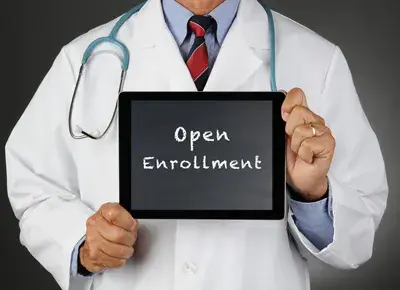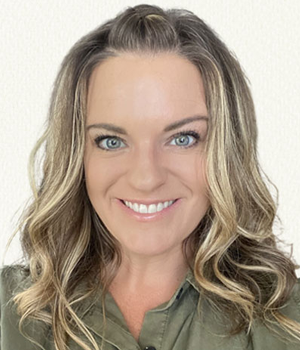According to the United States Department of Health and Human Services (HHS), Florida leads the 37 states using the federally-run exchange with nearly 1.2 million sign ups at the end of open enrollment week 8 (January 3, 2015 to January 9, 2015). Since the enrollment began in November, around 6.8 million consumers either selected a plan or were automatically re-enrolled in the Federally Facilitated Marketplace (FFM). As the enrollment ends on February 15, there may be more number of sign-ups from Floridians and practices will have to rely upon proper eligibility verification to generate revenue from increasing number of patients owing to the coverage. Let’s see why.
Florida is a state which snubbed the Affordable Care Act’s Medicaid expansion. People who live in a state that hasn’t expanded its Medicaid program and have limited income may not have many options for health coverage. They can make the following choices depending upon where their income falls.
- If an individual in Florida has an income more than 100% of the federal poverty level ($11,670 a year as a single person or about $23,850 for a family of 4), then that Floridian can buy a private health insurance plan in the Marketplace and may qualify for premium tax credits and other savings according to the household size and income.
- If a Floridian make less than $11,670 a year as a single person or about $23,850 for a family of 4, then that person won’t qualify for lower costs for private insurance based on income. He/she has to contact the Medicaid office to know whether they are eligible to apply for Medicaid. If not qualified, then that person won’t qualify for either of the affordability options under the ACA.
This may be the reason why an overwhelming number of Floridians are signing up for Marketplace plans. In this scenario, medical billing in Florida will be effective for practices if they have properly verified whether their patients are eligible for Marketplace plan or Medicaid, whether their coverage exists at the time of service, if there was actually premium assistance and other critical details of the coverage. Otherwise, the medical claims will be denied and providers may lose a significant amount of revenue. Subsidy verification is critical as well.
The Marketplace plan beneficiaries enjoy several benefits under the ACA. Some of them are:
- Insurers can no longer deny coverage because of a pre-existing condition
- Insurers can’t impose lifetime dollar limits on health benefits
- Coverage for preventive services with no deductible or co-pay
If providers fail to verify their patients’ eligibility for these benefits, they are likely to lose significant revenue. However, the process of verifying eligibility and subsidies can be quite difficult. The reconciliation process for exchange subsidy discrepancies can become complicated when the consumer fails to report major life events that may impact the amount of subsidy received. To ease the benefit verification process, providers can partner with a professional medical billing company. Such companies provide the service of experienced insurance verification specialists having thorough knowledge of Marketplace plans and Medicaid coverage. They will ensure that clean claims are submitted, and thereby bring increased and steady revenue inflow to the practice.


